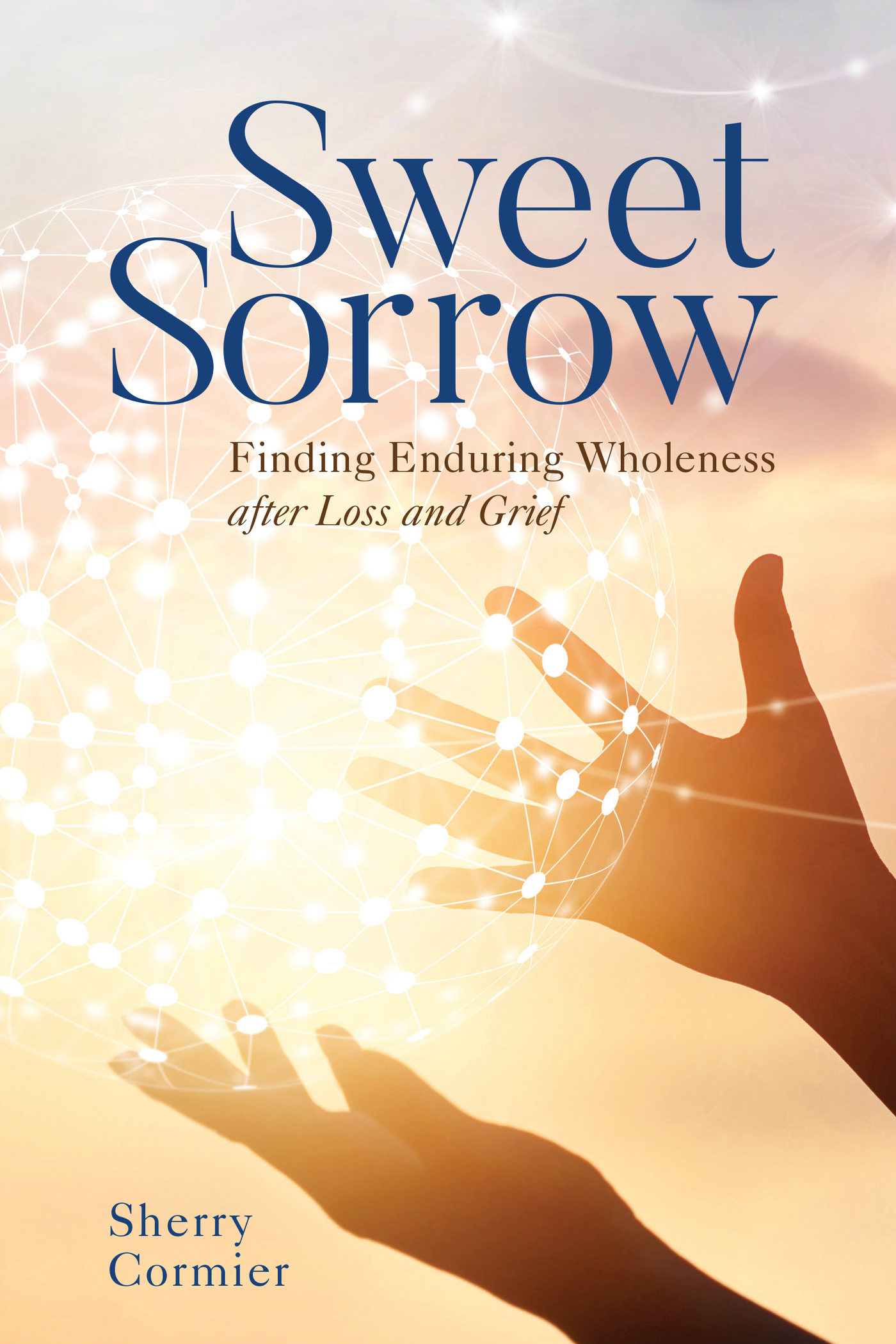Sweet Sorrow
Sweet Sorrow
Finding Enduring Wholeness
after Loss and Grief
Sherry Cormier
ROWMAN & LITTLEFIELD
Lanham Boulder New York London
Published by Rowman & Littlefield
An imprint of The Rowman & Littlefield Publishing Group, Inc.
4501 Forbes Boulevard, Suite 200, Lanham, Maryland 20706
www.rowman.com
Unit A, Whitacre Mews, 26-34 Stannary Street, London SE11 4AB
Copyright 2018 by The Rowman & Littlefield Publishing Group, Inc.
All rights reserved. No part of this book may be reproduced in any form or by any electronic or mechanical means, including information storage and retrieval systems, without written permission from the publisher, except by a reviewer who may quote passages in a review.
British Library Cataloguing in Publication Information Available
Library of Congress Cataloging-in-Publication Data Available
ISBN: 978-1-5381-1417-9 (cloth : alk. paper)
ISBN: 978-1-5381-1418-6 (electronic)
 TM The paper used in this publication meets the minimum requirements of American National Standard for Information SciencesPermanence of Paper for Printed Library Materials, ANSI/NISO Z39.48-1992.
TM The paper used in this publication meets the minimum requirements of American National Standard for Information SciencesPermanence of Paper for Printed Library Materials, ANSI/NISO Z39.48-1992.
Printed in the United States of America
Preface
I was approaching my sixth decade and feeling a keen delight about life. My parents were safely ensconced in a lovely retirement community in Illinois near my sister, my daughters were successfully exiting the nest, and my husband and I were enjoying a new home we had recently built, with some exciting travels amid our busy but fulfilling work schedules. I had no clue how dramatically my life was about to change.
Instead of entering this new stage of my life with my life partner and beloved family members, my sixties have been consumed with traumatic, stressful losses. My parents, husband, sister, and dog died, one following another, leaving myself and our daughters bereft. There were days, especially early on, after my husband, Jay, died, when I didnt know how I could go on without the presence of that big love. Although Im a psychologist and had plenty of opportunities to study grief, the firsthand experience was far different from what Id encountered from books, training, or even friends and clients walking their grief journey.
This book is my story of loss and healing, and yet its so much more. Its about how we struggle and about how we manage. Its about how we can choose to wither or to grow when confronted with traumatic loss, and while its my personal story, its also a psychologists perspective on how to endure and, ultimately, heal after loss.
Surprising Discoveries
The ten years since my husband, parents, and sister died have held many surprising discoveries, beginning with the fact that I could simultaneously lose so many people I loved and that I, and other survivors of hard loss, were able to cope better than imagined. Not everyone becomes stronger from traumatic loss, but a substantial number of trauma and loss survivors grow from challenging and catastrophic experiences in ways we couldnt have envisioned at the beginning of our bereavement journey. When loss came to me, I was amazed to discover how many of us dont stay stuck in despair but move forward and thrive. As a psychologist, I wanted to identify how this happens and share the process with others. Ive learned its not just one thing that propels us toward coping and thriving, but rather a constellation of ingredients I describe in Sweet Sorrow. Another big discovery was that while the physical body of our beloved is no longer around, their presence and spirit still surround us. While not everyone will experience this kind of connection with someone theyve lost, being aware of this possibility may offer a new form of optimism or balm for the wound. Sweet Sorrow also provides solid suggestions, tips, and resources for the process of starting over, healing, and caring for self and others who are suffering.
Loss and Grief Come to Everyone
This book is also about the recognition that we arent on this loss journey alone. The Buddhist story of the mustard seed illustrates this: A bereaved woman who had lost her only son couldnt put down his dead body and was going mad from the senselessness and meaninglessness of the experience. She encountered the Buddha and asked if he could bring her son back to life. His response was priceless:
Yes, I can, he said, if you bring me a mustard seed from a house that has not experienced death.
When the woman went from house to house and could find no one who hadnt experienced death, she put down her sons body to rest.
Pema Chodron, in When Things Fall Apart, says, Sooner or later were going to have an experience we cant control; the essence of life is that its challenging... but to be fully alive, fully human, and completely awake is to be continually thrown out of the nest. This is the conundrum. How do we cope with and heal from something so real, so pervasive, that we arent ready to meet?
As we companion together throughout the book, youll notice certain themes that have to do with positive coping and healingfrom helplessness to empowerment, from hopelessness to hopefulness, from anxiousness to calm, and from sadness to joy.
Acknowledgments
There are many people who made the fruition of this book possible, beginning with the generosity of Anne Brooks, whom I met soon after I moved to Annapolis in a prosthodontic office waiting room. My writing group colleagues Anne, Libby Cataldi, Amanda Gibson, Amy Richter, Mary Luck Stanley, Nancy Jo Steetle, and Roberta Watts read and commented on successive chapter drafts. My writing coach and friend Laura Oliver, author of The Story Within, helped me bring my story to life on the written page. Her wisdom and acumen permeate throughout. And professional editor Randy Landenheim-Gill made my writing sparkle! Natalie Boonchaisri handled so many technical pieces so beautifully, allowing me to focus on the writing! And my serendipitous meeting with Sam Horn of the Intrigue Agency on Captain Jens Windward Schooner proved to be the foundation of some terrific marketing advice she sent my way. Its been the honor of my lifetime to work with Rowman & Littlefield Publishers and my fabulous editor, Suzanne Staszak-Silva.
As a caveat, all names have been changed to protect the identity of the people described, with the exception of daughters and spouses.
Sherry Cormier
October 18, 2017
Pema Chodron, When Things Fall Apart: Heart Advice for Difficult Times (Boston, MA: Shambhala Publications, 1997), 71.
Chapter 1
Introduction and Loss of the Fairy Tale
I am not what happened to me, I am what I choose to become.
Carl Jung
Once in a while, in the middle of an ordinary life, love gives us a fairy tale.
Love gave me a fairy tale when I was forty-two years old and a thunderbolt arrived via a vibrant and handsome man named Jay. Eventually, Jay and I were married and for seventeen years experienced a mostly magical love story. Our marriage was extraordinarily intimate: physically, emotionally, and spiritually. We had been married before to good, decent people, yet something in our former marriages was missing for us, so we were committed to making our relationship as strong and as close as possible. The result was a connection at a deep, energetic level that felt as if it transcended time and space, a phenomenon that Jay and I described as time away from time. We were also both psychotherapists. Because therapists are trained to share intimacies, we probably did have an unusual marriage. Of course we had our challenges, but through all of them, we never lost sight of our profound connection.
Next page
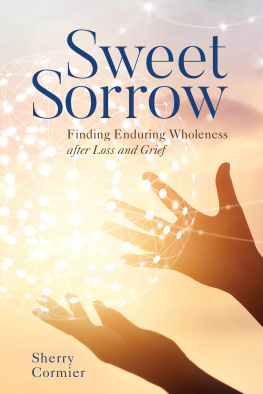
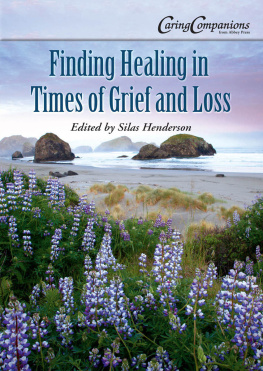

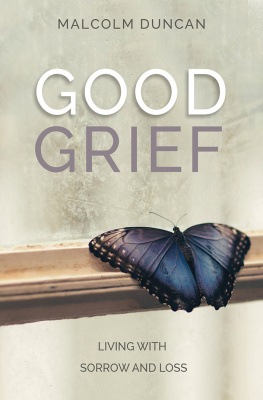
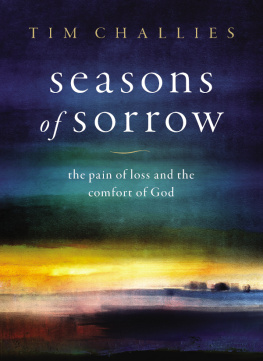
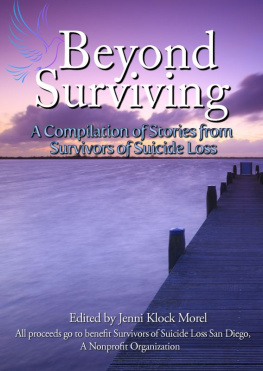
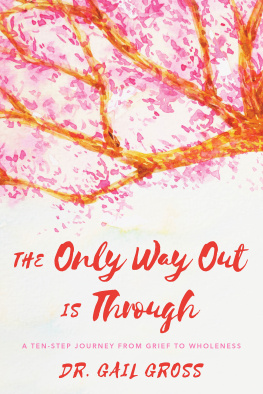
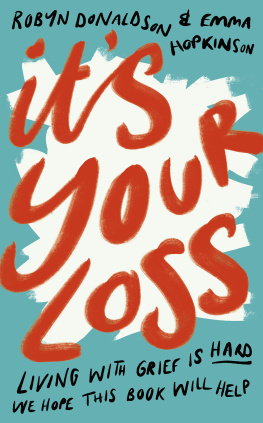
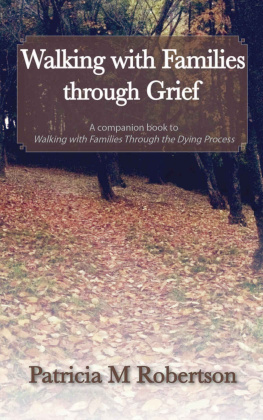
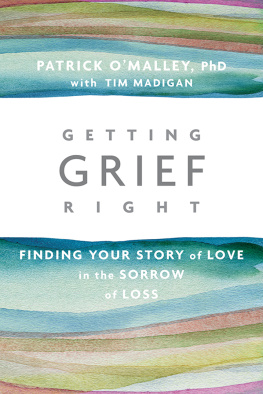
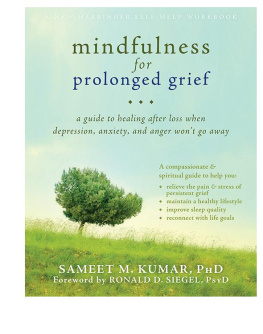
 TM The paper used in this publication meets the minimum requirements of American National Standard for Information SciencesPermanence of Paper for Printed Library Materials, ANSI/NISO Z39.48-1992.
TM The paper used in this publication meets the minimum requirements of American National Standard for Information SciencesPermanence of Paper for Printed Library Materials, ANSI/NISO Z39.48-1992.